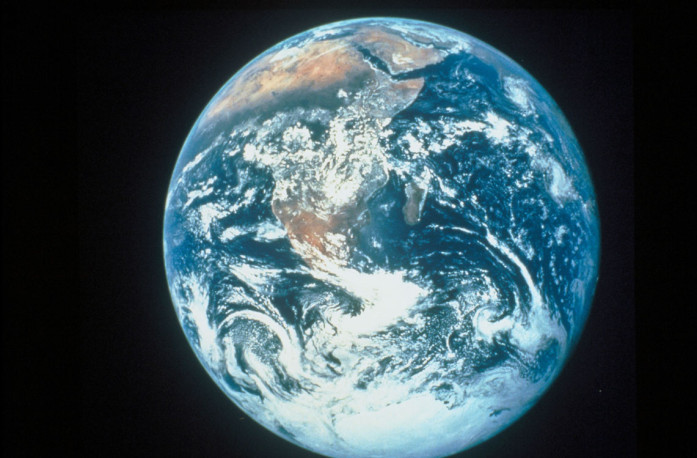Chemistry and physics lessons

Chemistry
Free online chemistry lesson for elementary school, middle school and high school.
| _____________________________________________________ _____________________________________________________ |
WaterWater on Earth |
|
The essential about water on Earth How much water is there on Earth ? On Earth there are about 1 400 000 000 000 000 000 000 liters of waters. This amount may seem very high nevertheless water exists under various forms and states and only a small percentage of it can be useful for humans. Percentage of water on the Earth
All available water resources on Earth are also called " hydrosphere ". Mains sources of water are: - Seas and Oceans - The waterways (rivers, streams) - The underground reserves - Ices (glaciers, sea ice, icebergs, snow) - Various forms of water present in air (clouds, water vapor). ______________________________________ ______________________________________ Fresh water and salt water There are two kinds of water: - Salt water (97.2%) present in the seas and oceans. - Fresh water (2.8%), that is to say water that does not contain salt, in lakes, streams, groundwater, ice and in the atmosphere. To survive man needs fresh water but it is rare compared to salt water. The fresh water reserves are very precious and must be protected. Freshwater: - Can be drunk by humans and animals (as opposed to salt water). - Can be used for irrigation in agriculture (most plants can't tolerate salt water). - Can be used for washing (salt water partially neutralizes the effects of soap and leaves some salt on the skin as it dries) Drinkable water on Earth Fresh water must not be mistaken with drinkable water. Fresh water can be consumed without danger for health only if it doesn't contain bacteria, virus or pollution. ______________________________________ ______________________________________ Fairfax water: official website of Fairfax that provides water to roughly 2 millions people in Virginia. This website offers educational resources about water for kids and teachers like the story of drinking water. Volume of Earth's oceans: This page provides acurates data and percentage about sources of water. Earth's precious water: National geographic kids networks gives free access to educational resources based on standard science curriculum. This page is about percentage of water on Earth, drinkable water and water cycle. |
||||
____________________________________
